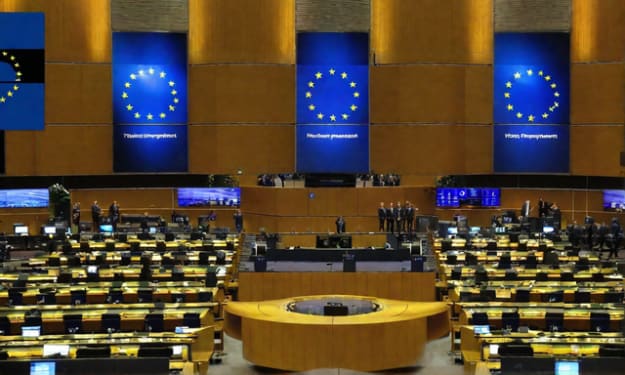
The shadowy world of intelligence agencies often gives rise to intrigue and speculation, and one of the enduring mysteries surrounds the existence of a Poisoning Department within the Russian security apparatus, often associated with the legacy of the KGB (Komitet Gosudarstvennoy Bezopasnosti). This article explores the persistent rumors surrounding the alleged Russian KGB Poisoning Department, delving into whether it still exists and what clandestine activities it might be involved in today.
Historical Echoes: The KGB's Use of Poison
The KGB, during the Cold War era, gained infamy for its covert operations, and poison became a favored method for eliminating perceived threats to the Soviet regime. More recent notable cases include the poisoning of defector Alexander Litvinenko in 2006, using polonium-210, and the poisoning of opposition leader Alexei Navalny in 2020 with the nerve agent Novichok. These incidents, among others, have fueled suspicions about the continuation of a state-sponsored poisoning program.

Post-Soviet Evolution: The Rise of the FSB
With the dissolution of the Soviet Union in 1991, the KGB was officially disbanded, giving rise to successor agencies, most notably the FSB (Federal Security Service) in Russia. The question of whether a dedicated "Poisoning Department" still exists within the FSB remains speculative, as the organization operates under a veil of secrecy.
High-Profile Poisonings: A Cause for Concern
The alleged involvement of Russian security services in high-profile poisonings has drawn international attention and condemnation. Beyond the Litvinenko and Navalny cases, accusations of state-sponsored poisonings persist, contributing to a cloud of suspicion around the activities of Russian intelligence agencies.

Assassination or Covert Operations?
While the term "Poisoning Department" suggests a specific unit focused solely on poisoning individuals, the reality is likely more complex. Modern intelligence agencies engage in a range of covert activities, including cyber warfare, disinformation campaigns, and targeted assassinations. The use of poison may be one method among many employed by these agencies.
The Navalny Case: A Modern-Day Intrigue
The poisoning of Alexei Navalny brought renewed attention to the alleged use of chemical agents by Russian security services. Navalny's survival and subsequent investigations by independent organizations, including Bellingcat and the Organization for the Prohibition of Chemical Weapons (OPCW), added layers of complexity to the narrative. The use of Novichok, a nerve agent developed during the Soviet era, raised questions about the source and motives behind such attacks.

International Fallout: Sanctions and Diplomatic Tensions
The allegations of state-sponsored poisonings have led to international condemnation and sanctions against Russia. The poisoning incidents contribute to diplomatic tensions, raising concerns about the use of chemical weapons outside traditional warfare and violating international norms.
The Murky World of Modern Intelligence
In the contemporary landscape, intelligence agencies operate in a highly sophisticated and interconnected world. The use of advanced technologies, including chemical agents, cyber capabilities, and disinformation tactics, underscores the evolving nature of modern intelligence operations. The secrecy surrounding these activities makes it challenging to definitively attribute them to a specific department or agency.

Potential Motivations: Political Maneuvering and Deterrence
The motives behind alleged state-sponsored poisonings can be multifaceted. Eliminating political opponents, silencing dissent, and sending a clear message of deterrence to opposition figures are potential reasons behind such covert actions. The psychological impact on domestic and international audiences adds to the complexity of these operations.
The Need for Transparency and Accountability
The persistent rumors surrounding a Poisoning Department within the Russian security apparatus underscore the importance of transparency and accountability in international relations. Accusations of state-sponsored poisonings demand thorough investigations, adherence to international norms, and diplomatic dialogue to address the broader implications of such actions.

The question of whether the Russian KGB Poisoning Department still exists remains veiled in uncertainty and speculation. While the KGB itself is a relic of the past, allegations of state-sponsored poisonings persist, raising questions about the activities of successor agencies like the FSB. The use of poison as a method of covert operations adds a layer of intrigue to the already complex world of modern intelligence.
As the international community grapples with the implications of alleged state-sponsored poisonings, the need for transparency, accountability, and adherence to international norms becomes increasingly crucial. Whether the Russian KGB Poisoning Department lives on or not, the broader issue of covert state activities demands global attention and concerted efforts to prevent the misuse of such tactics in the pursuit of political objectives.






Comments
There are no comments for this story
Be the first to respond and start the conversation.